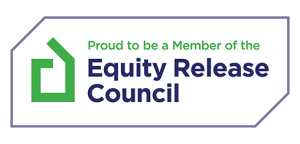ISAs are one of the easiest and most accessible ways for people to save income and capital gains tax. You may even have money saved in a cash ISA to make sure that you don’t pay tax on the interest you receive. However, these days, with the UK base rate at 0.1% p.a., interest rates offered are extremely low. Set against the background of income tax allowances for savings that are available, you could potentially be wasting your £20,000 ISA allowance.
Let me explain. As an individual you may have access to the personal savings allowance (PSA). Any interest that falls in this allowance is not subject to income tax. If you are a non/basic rate taxpayer, the PSA is £1,000 and it is reduced to £500 if you are a higher rate taxpayer. If you are lucky/unlucky enough to be an additional rate taxpayer, you cannot use the allowance!
This allowance does not have to be claimed but instead sits within your income tax bands. Any interest that falls within the allowance is income tax free.
So, let’s assume you are a basic rate taxpayer and you are holding various deposit accounts, paying a not untypical annual interest of 0.5% p.a. How much could you have on deposit, before you pay any income tax in the interest received?
Well, using your personal savings allowance, you can receive interest of up to £1,000 without paying tax. Based upon the interest rate of 0.5% p.a. you could hold up to £200,000 with no income tax to pay. For most people, this is more than enough headroom, so why use a cash ISA?
Additionally, if we assume the government’s long-term inflation goal of 2% p.a. is met, the buying power of your £200,000 would be reduced to £185,443 after five years and £171,946 after ten years.
So, holding money in a cash ISA doesn’t really seem to make sense from a tax perspective and you are almost certainly losing value in real terms.
If the above is of concern to you, an alternative is to invest in, or transfer to, a stocks and shares ISA which is tailored to your investment risk appetite and circumstances.
Please contact us for a free, no obligation consultation to see if this approach would be appropriate for you. We’d love to hear from you!




Leave A Comment